AP Psychology Important People
1/46
Earn XP
Description and Tags
Name | Mastery | Learn | Test | Matching | Spaced |
|---|
No study sessions yet.
47 Terms
Sigmund Freud
Psychoanalytic, personality
id/ego/superego, reality and pleasure principles, ego ideal, defense mechanisms, psychoanalysis, transference
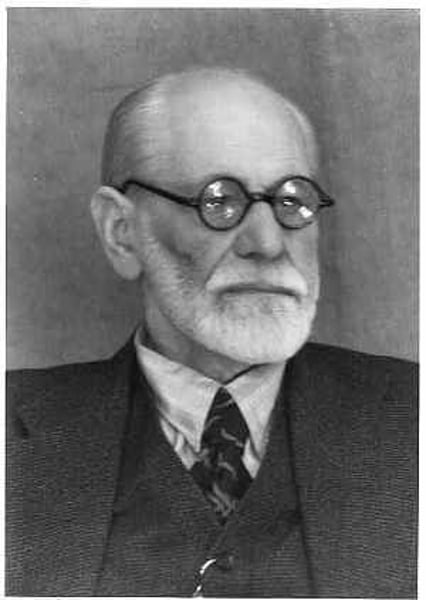
Carl Jung
Conscious and unconscious awareness; archetypes; collective unconscious; libido is all types of energy, not just sexual; Studies: dream studies/interpretation
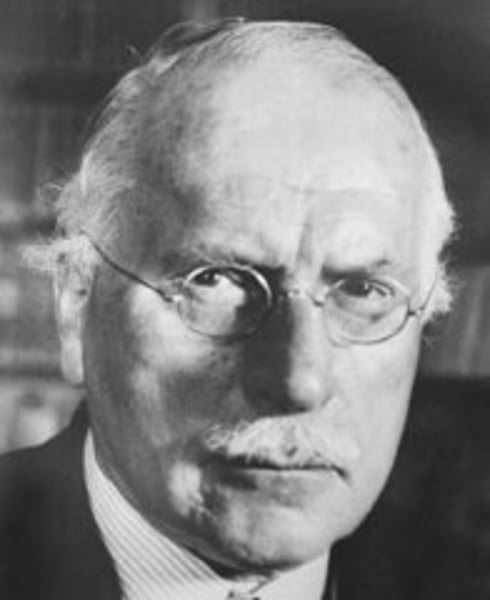
Erik Erikson
Humanistic
8-stage theory to show how people evolve through the life span (confronting "Who am I?")
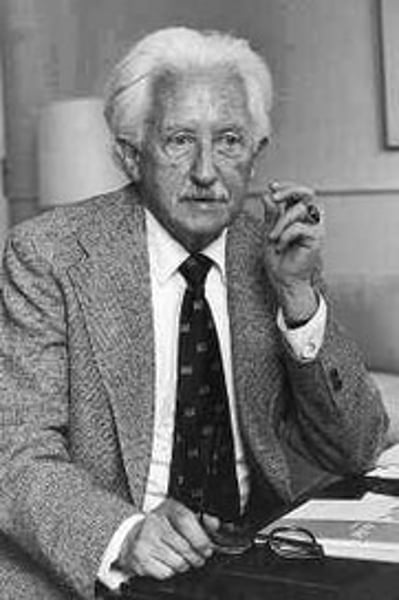
Lawrence Köhlberg
Moral development
Theory of moral development that has 3 levels, moral reasoning rather than overt behavior
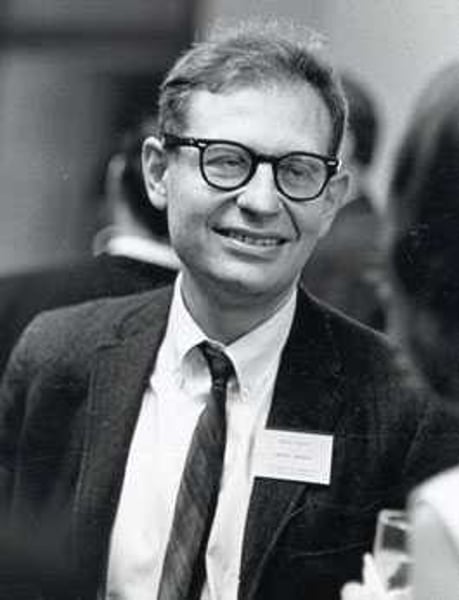
Carol Gilligan
Cognition
Observing boys and overlooked potential differences between the habitual moral judgments of boys and girls; girls focus more on relationships than laws and principles

William James
Functionalism
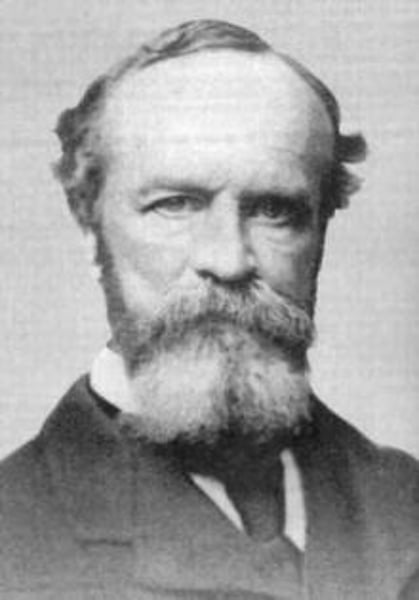
William Wundt
Sructuralism
Introspection, basic units of experience; 1st psychological laboratory in world at University of Leipzig
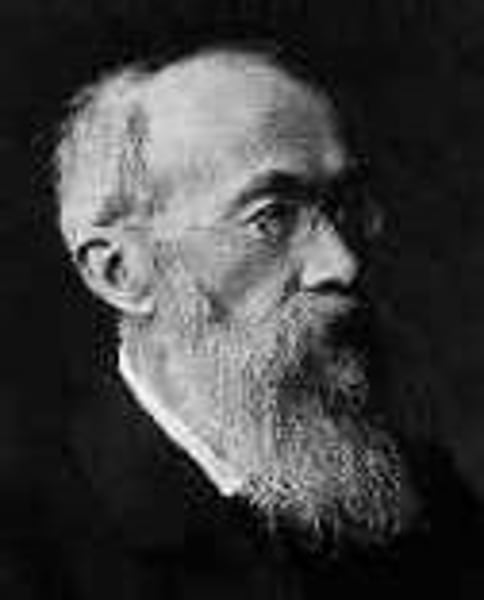
BF Skinner
Behavioral
Skinner box
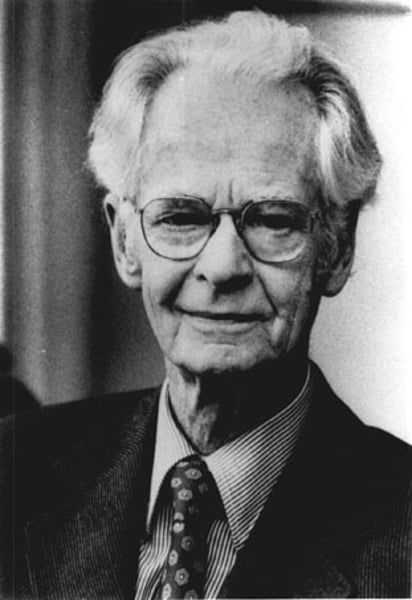
John B Watson
Behaviorism
Little Albert
Jean Piaget
Cognition
4-stage theory of cognitive development → assimilation and accommodation
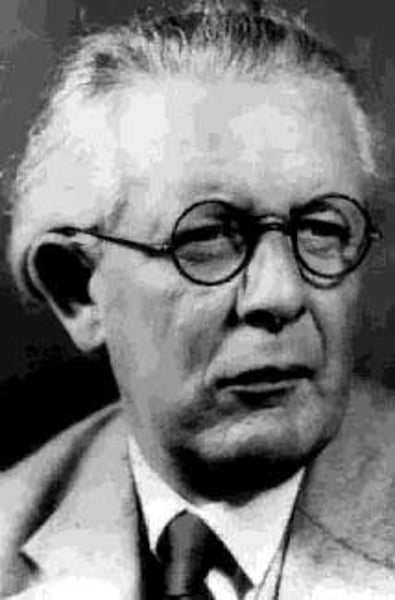
Harry Harlow
Development;
Touch is preferred in development, studied monkeys
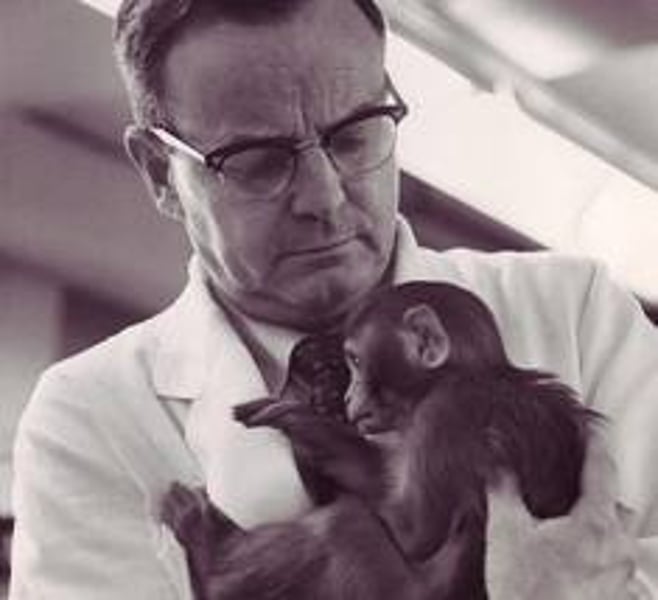
Carl Rogers
Humanistic
Person-centered therapy, unconditional positive regard
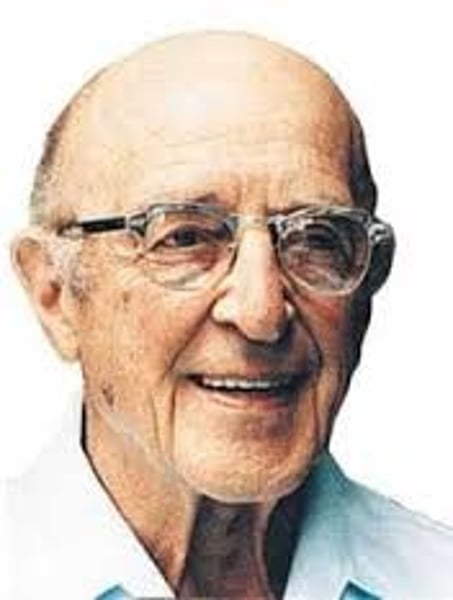
Abraham Maslow
Humanism
Hierarchy of needs-needs
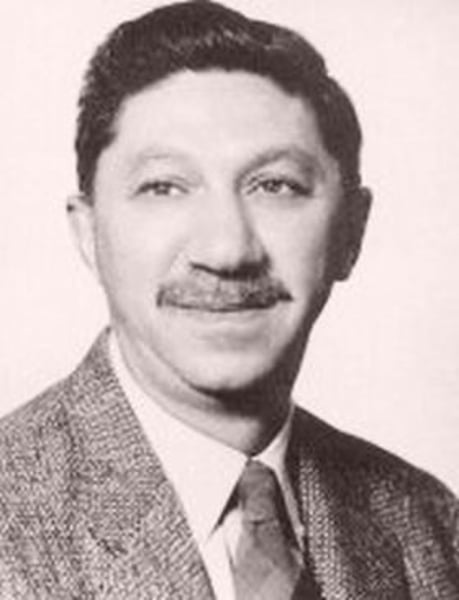
Alfred Adler
Psychodynamic
Inferiority/superiority complexes, childhood influences personality formation
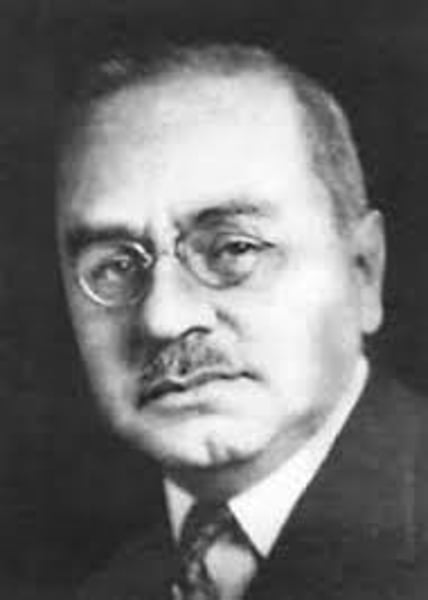
Gordon Allport
Trait theory of personality
List of 11,000 traits, 3 levels of traits-cardinal, central, and secondary
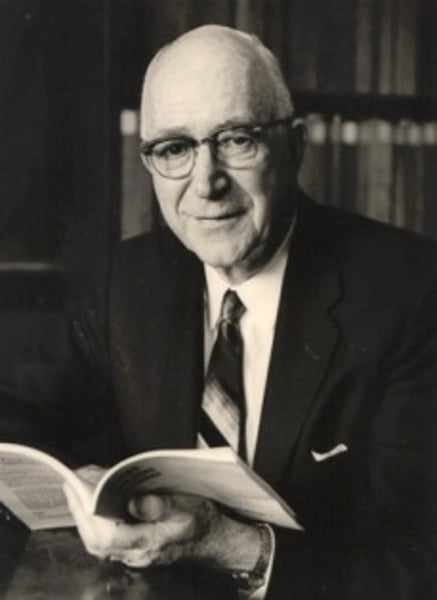
Hermann Rorschach
Personality, psychoanalysis
inkblot test which consists of 10 standardized inkblots where the subject tells a story
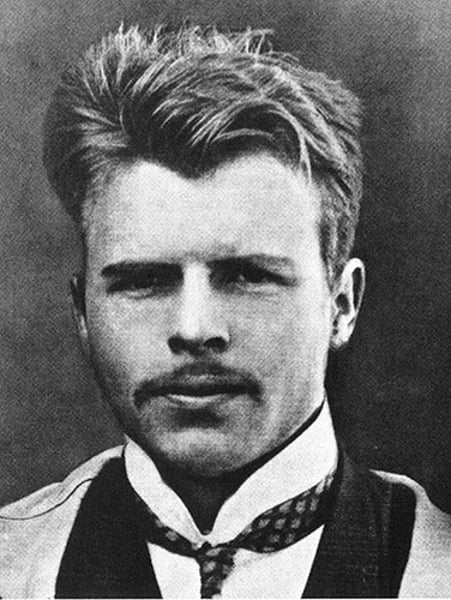
Stanley Schachter
Stated that in order to experience emotions a person must be physically aroused and know the emotion before you experience it
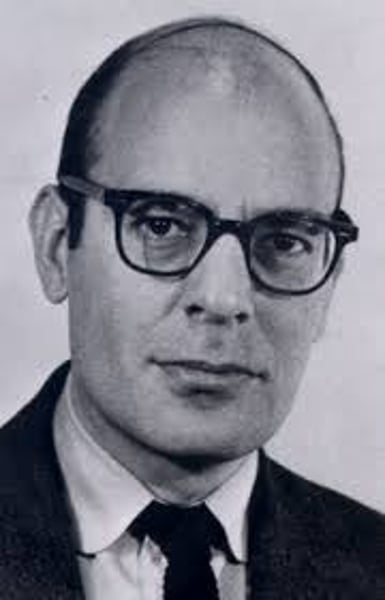
Stanley Milgram
Social psychology;
Obedience(wanted to see how far individuals would go to be obedient), Shock Study
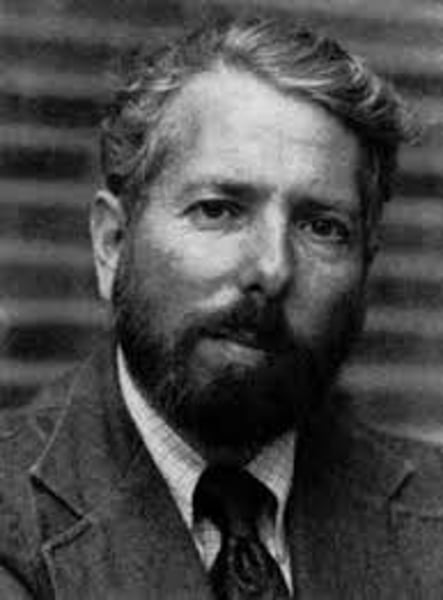
Philip Zimbardo
Social psychology
Stanford Prison Study-studied power of social roles to influence people's behavior
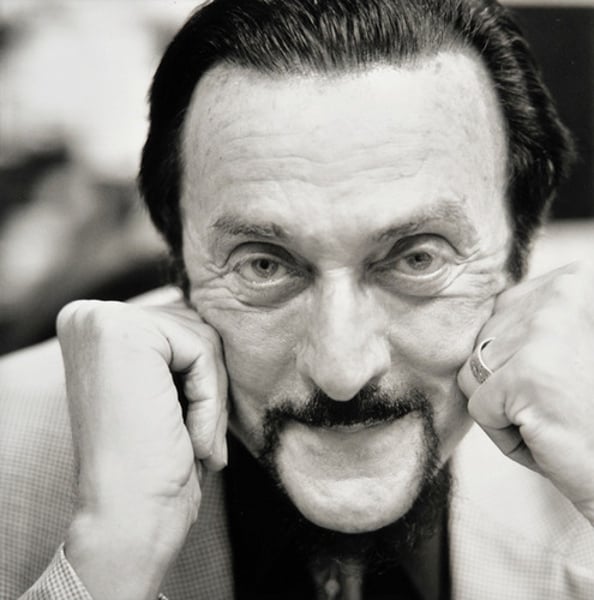
Elizabeth Kübler-Ross
Development
5 stages the terminally ill go through when facing death (1. death, 2. anger/resentment, 3. bargaining with God, 4. depression, 5. acceptance)
Elizabeth Loftus
Memory
Eyewitness testimony (false memories or misinformation effect)
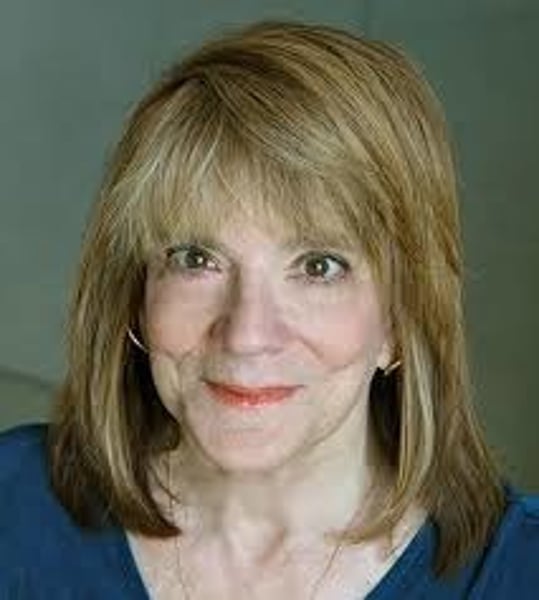
Albert Bandura
Sociocultural
Bobo Dolls-adults demonstrated 'appropriate' play with dolls, children mimicked play
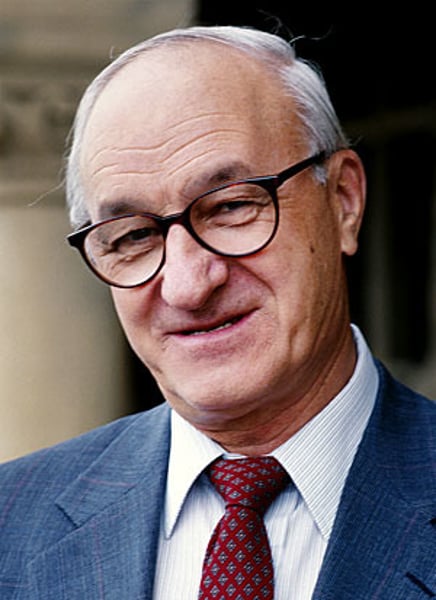
Edward Thorndike
Behaviorism;
Law of Effect-relationship between behavior and consequence (cats)
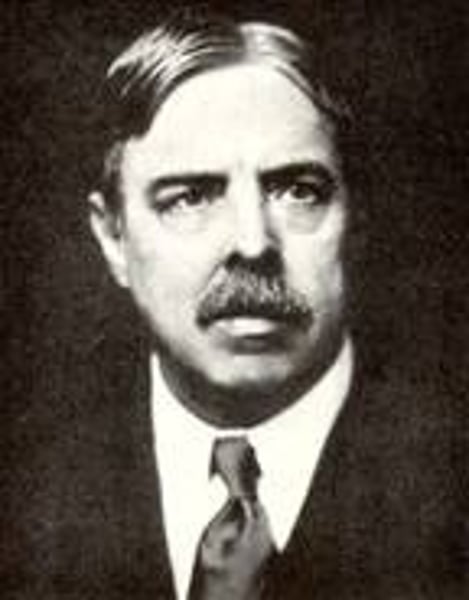
Mary Ainsworth
Development
Attachment
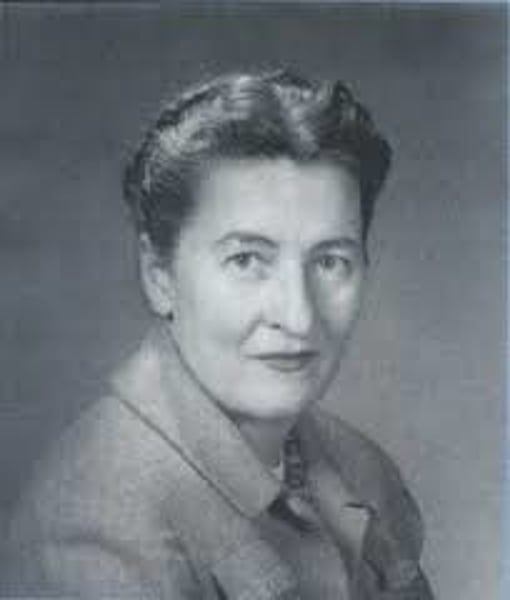
Martin Seligman
Llearning
Positive Psychology, learned helplessness, Dogs demonstrating learned helplessness
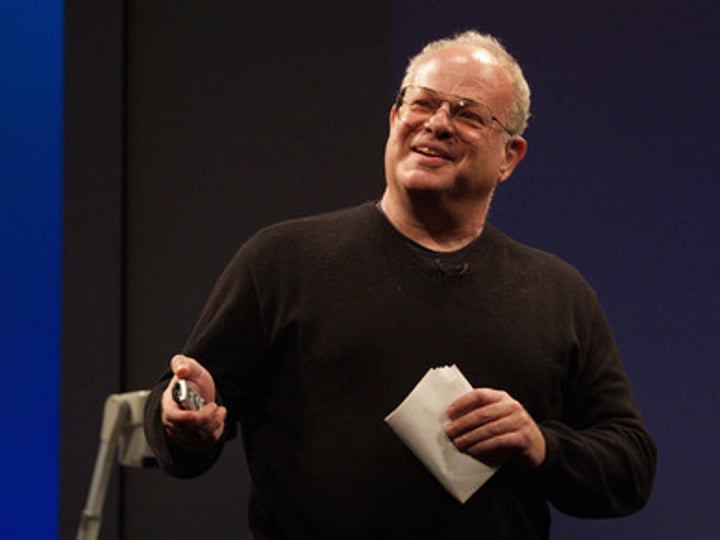
Howard Gardner
Intelligence
theory of multiple intelligences (logical-mathematic, spatial, bodily-kinesthetic, intrapersonal, linguistic, musical, interpersonal, naturalistic)
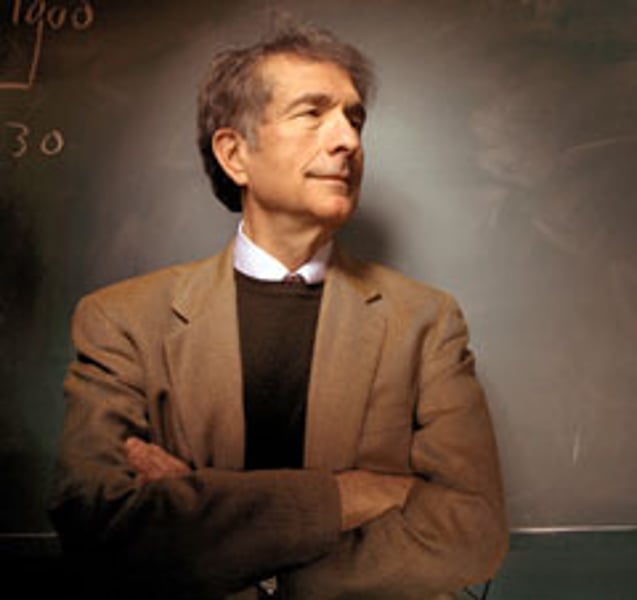
Kurt Lewin
Social psychology
Leadership syles-studied effects of 3 leadership styles on children completing activities
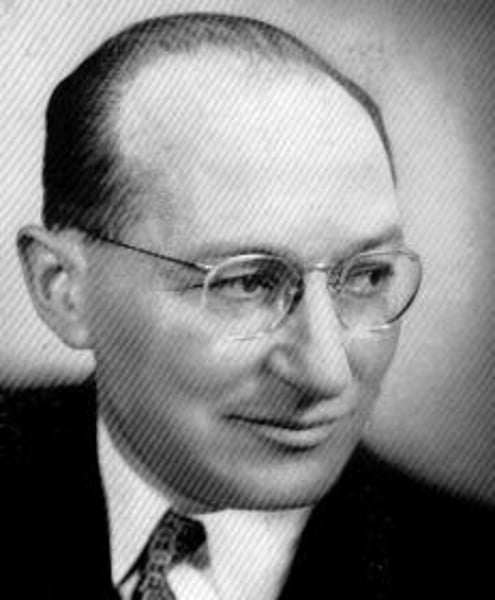
Ivan Pavlov
Foundation for classical conditioning, discovered that a UCS naturally elicits a reflexive behavior
dog salivation
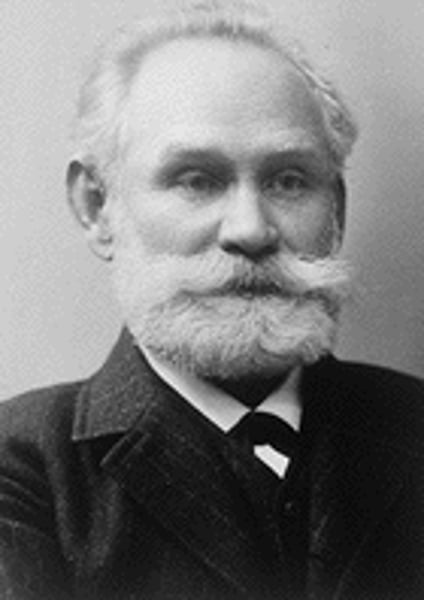
Hermann Ebbinghaus
Memory
Forgetting: first, a rapid loss followed by a gradual declining rate of loss
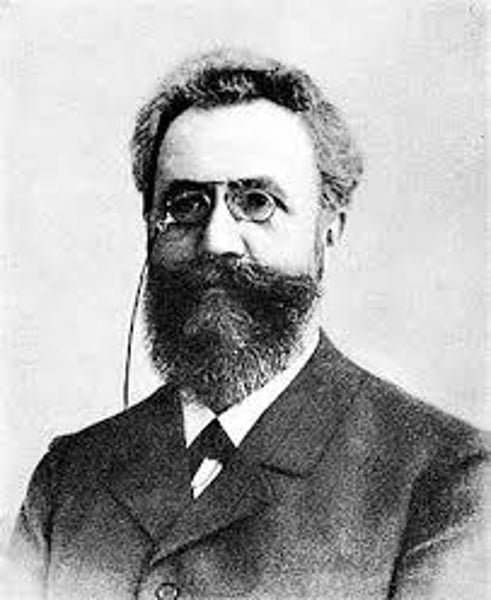
Benjamin Whorf
Language
Language determines the way we think
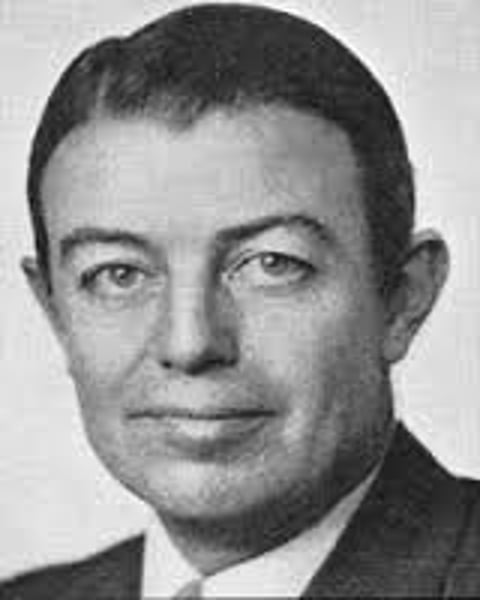
David Rosenhan
Social psychology
Hospital experiment-checked into hospital to check diagnosis
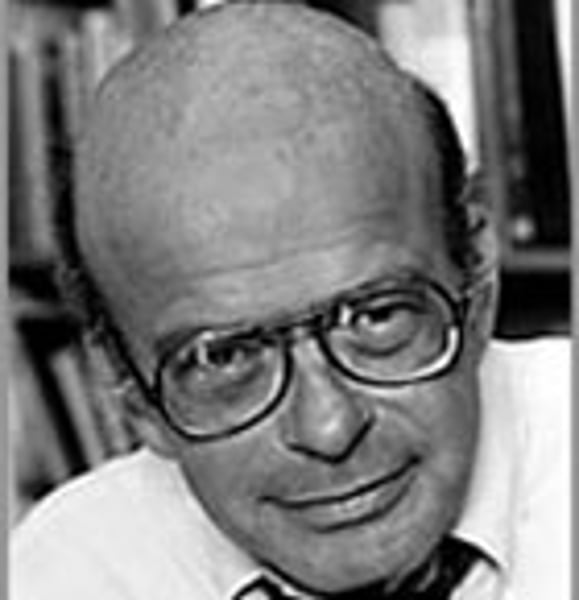
Charles Spearman
Intelligence
mental talents were highly correlated, concluded that all cognitive abilities showed a common core which he labeled 'g' (general ability)
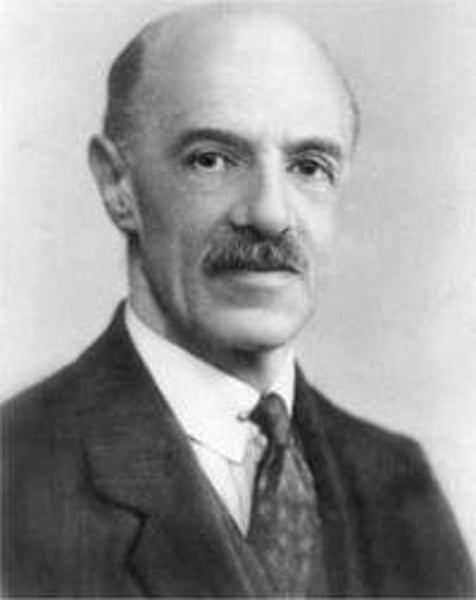
Albert Ellis
Cognitive-behavioral
Rational-Emotive Therapy (RET) → altering client's patterns of irrational thinking to reduce maladaptive behavior and emotions
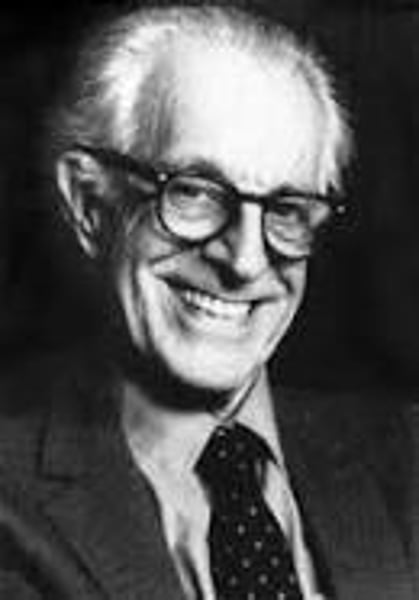
Harry Stack Sullivan
Psychoanalysis
Self-System-a configuration of personality traits
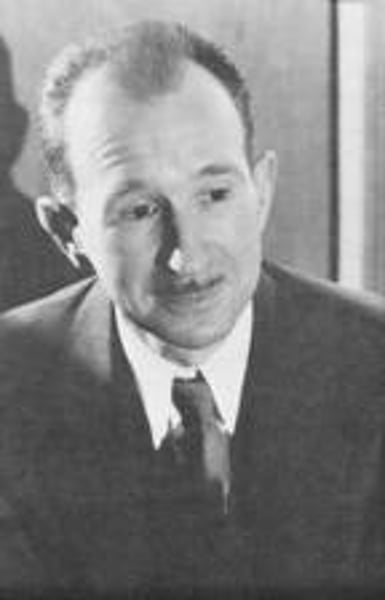
Robert Yerkes
Intelligence
Social behavior of gorillas/chimps, Yerkes-Dodson law-level of arousal as related to performance
Alfred Binet
Testing
General IQ tests
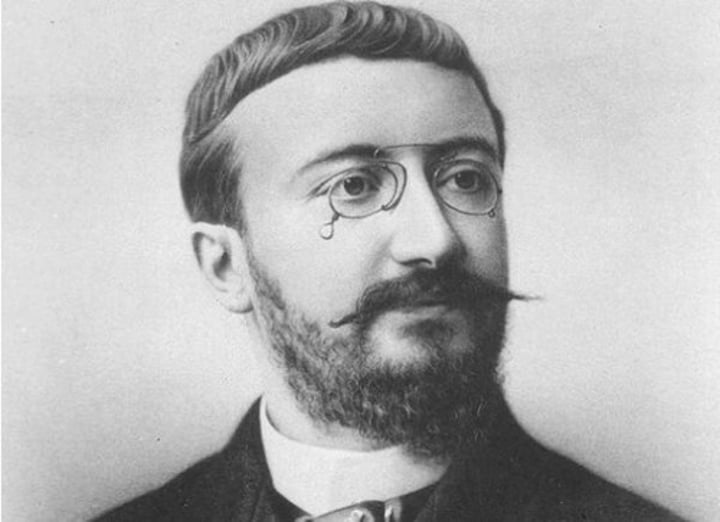
Little Albert
Behaviorism
Proved classical conditioning principles, Little Albert-generalization of fear
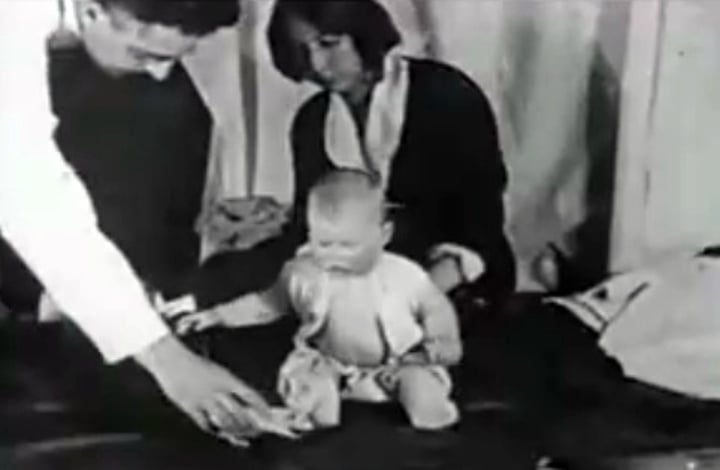
Ernst Weber
Perception
just-noticeable-difference (JND)
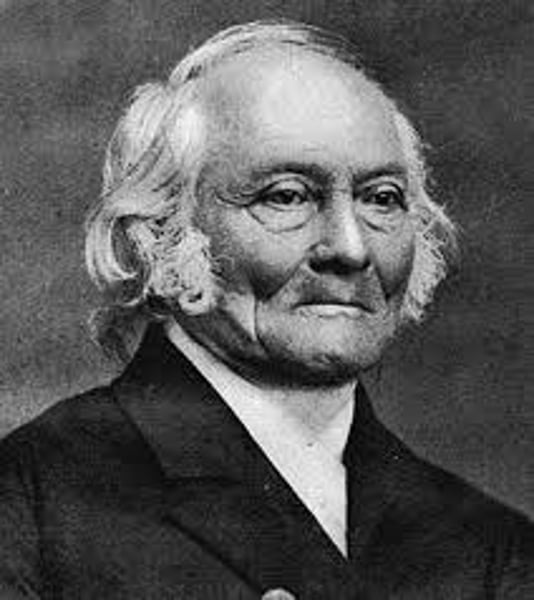
Henry Murray
Intelligence, testing
Devised the Thematic Apperception Test (TAT) → need to achieve varied in strength in different people and influenced their tendency to approach and evaluate their own performances
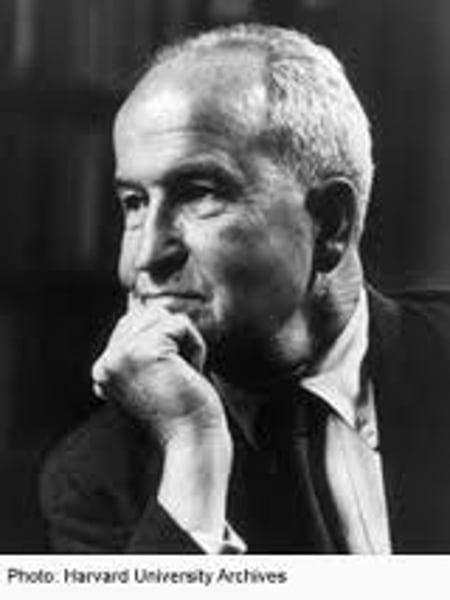
Paul Ekman
Emotion
Facial expressions are universal
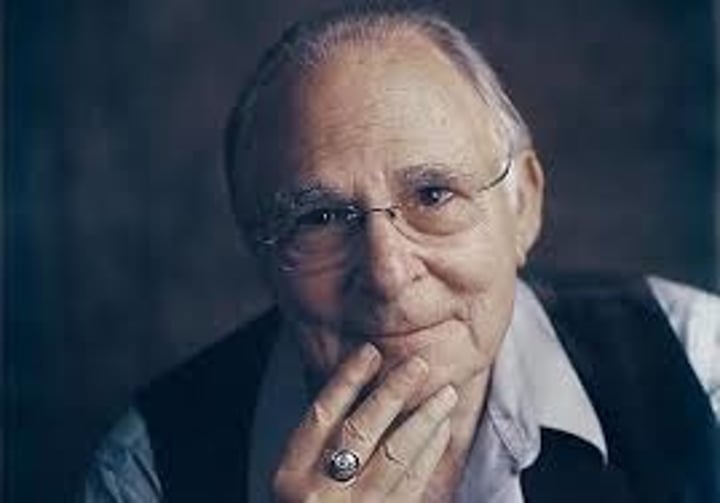
Clark Hull
Motivation
Drive Reduction
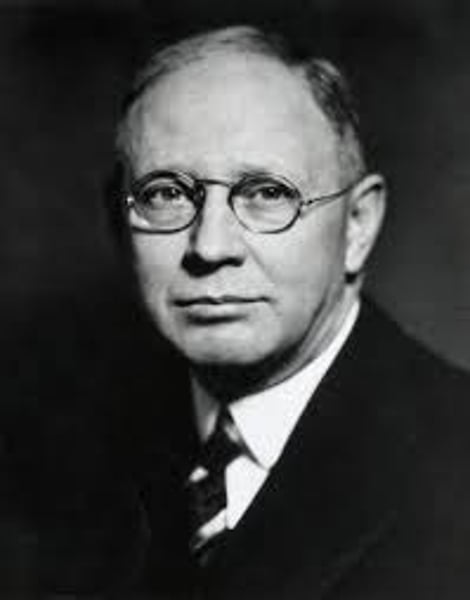
Charles Darwin
Geology, biology
evolution by common descent
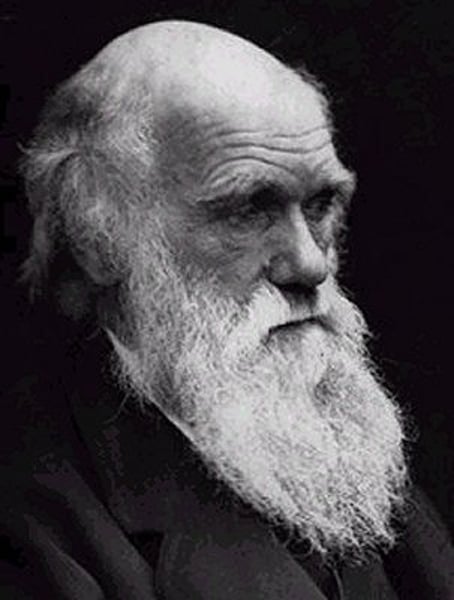
Phineas Gage
Neurobiology
1st person to have a frontal lobotomy (by accident), his accident gave information on the brain and which parts are involved with emotional reasoning
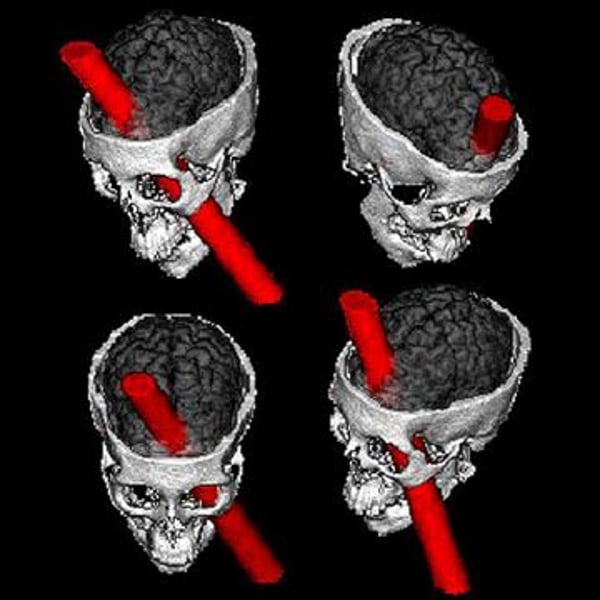
Margaret Flow Washburn
First female to earn PhD in Psych
Second president of the APA
Dorothea Dix
Activist on behalf of the severely mentally ill
Mary Whiton Calkins
First female to complete PhD at Harvard
Denied degree because she was a woman
First female president of the American Psychological Association (APA)
G. Stanley Hall
Help founded the APA